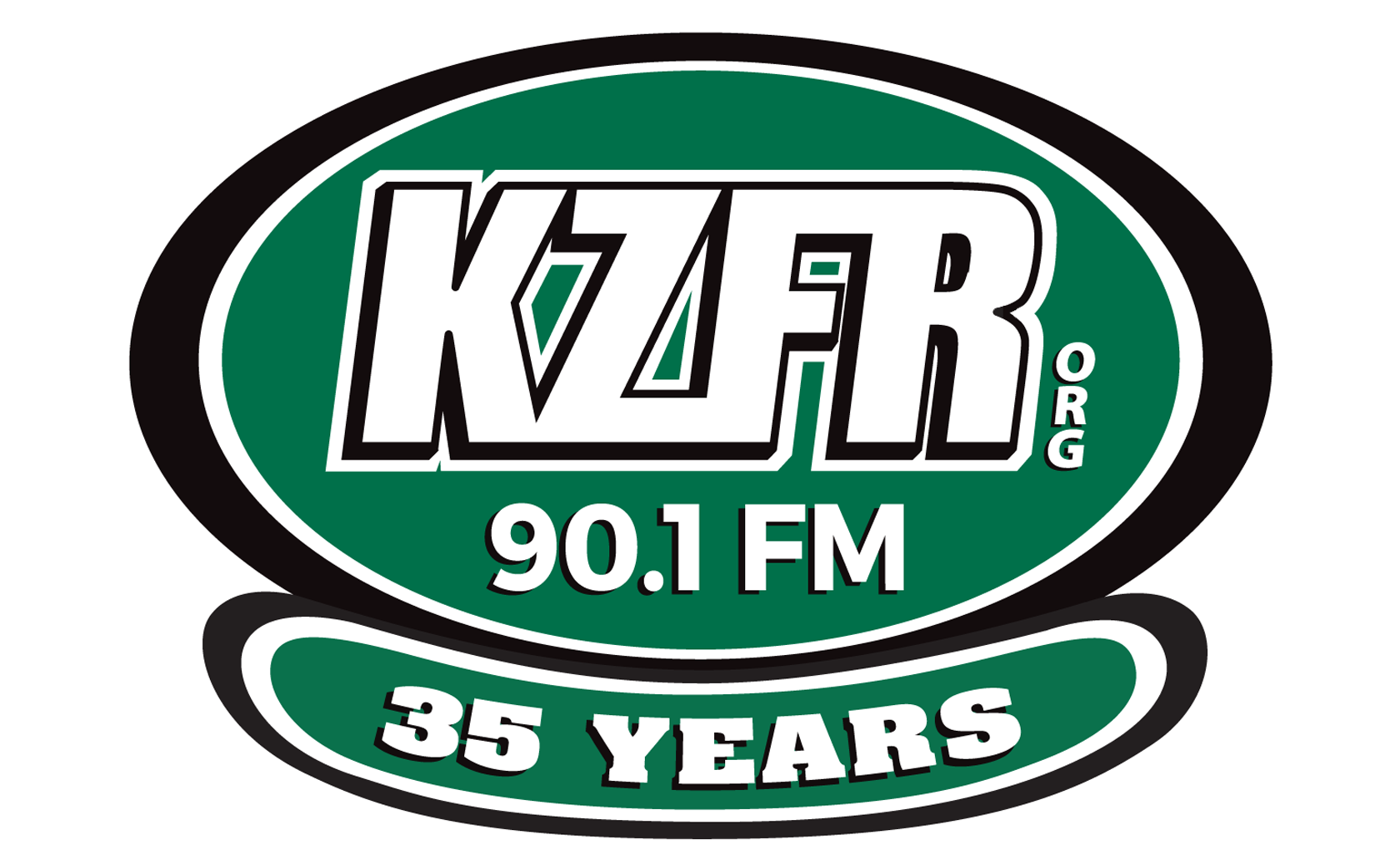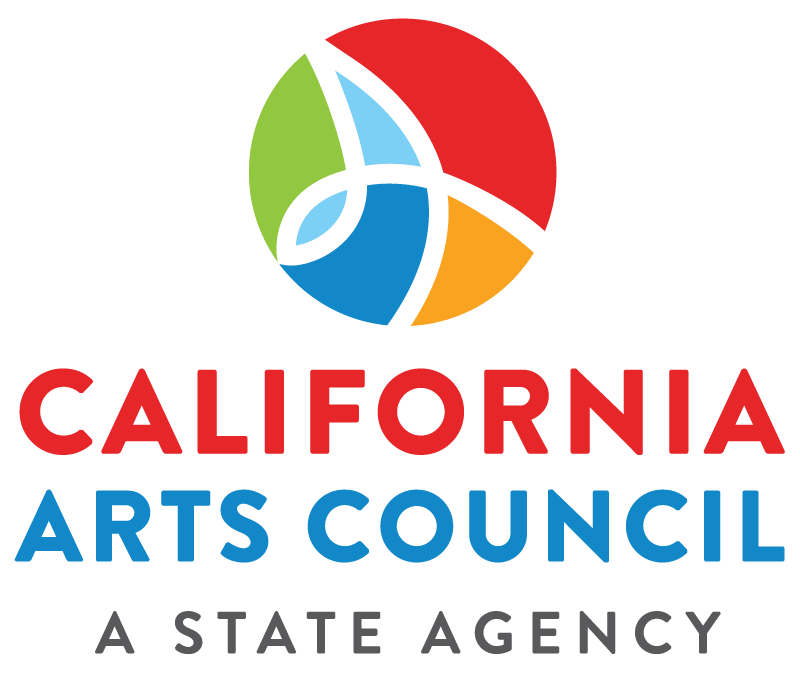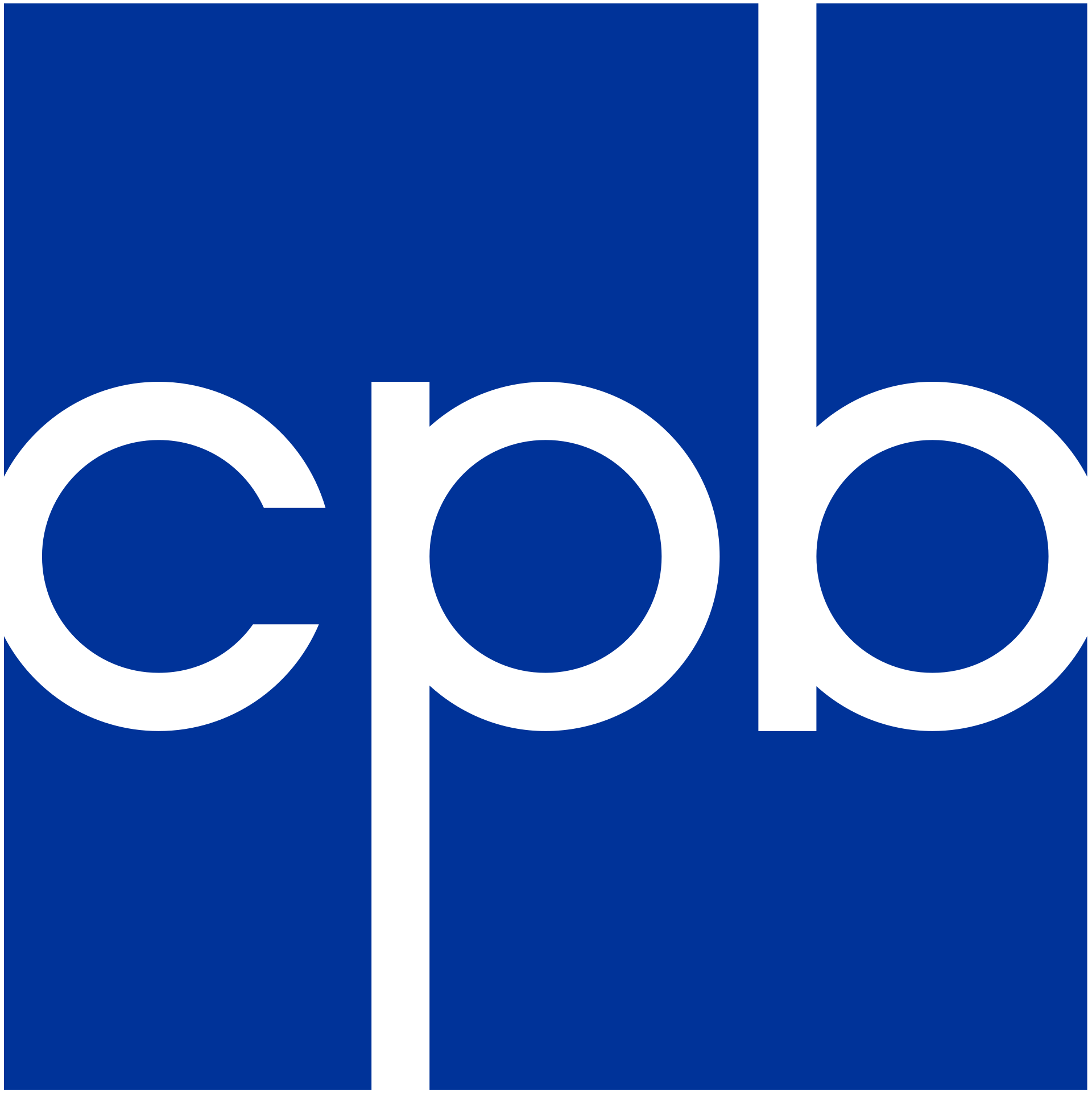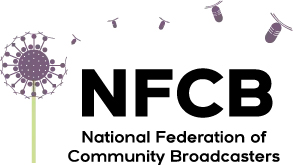The Kingston Trio's clean-cut college-look and professional singing style helped bridge the gap between the previous folk singers of the 50s and brought it to young people’s dorm rooms and living rooms of the early 60s. Other similar acts that helped make American folk music palatable to a prime-time audience were The Limelighters and The Brothers Four.
In 1962, Joan Baez and Bob Dylan both released albums. Looking at them together can give a sense of the scene at the time. Baez's album - her second - contains all ballads from the British tradition - including her famous recording of "Barbara Allen" - all sung in her beautiful, almost operatic style. Dylan's album - his first - contains ten blues and traditional songs and two originals. Dylan's coarse guitar strumming, nasal whine and jumpy harmonica couldn't be further from Baez's almost reverential approach. His inclusion of blues, like Blind Lemon Jefferson's "See That My Grave Is Kept Clean," and his raucous American-style remake of the ballad "Fenario" ("Pretty Peggy-O") show Dylan fighting the clean cut stylings of the Kingston Trio and the imported feel of Baez.
Pete Seeger was the great presenter of folk music to the middle class. Long before the Kingston Trio, Seeger had helped create the Almanac Singers in the 40s and The Weavers in the 50s, combining a wide variety of folk and popular songs and performing them with professional quality. Perhaps more than any other performer, Seeger featured the entire range of folk at the time. After nearly a decade of working underground after being blackballed during the McCarthy era, he rode the new wave of the folk revival to return to the stage stronger than ever. By the time of his famous Carnegie Hall concert in 1963, Seeger was an experienced pro at using folk music to achieve a dramatic transformation in his audiences. Without working from a set list, he naturally and effortlessly combined children's songs, civil rights hymns and spirituals, folk songs from various countries including a song by Chilean activist Victor Jara, and new protest songs by Bob Dylan.
While Seeger was mining the folk music of the recent American past, carrying on the tradition of Woody Guthrie who had died in 1961 after a long illness, the young Joan Baez was mining a deeper past, and one that was to have a tremendous influence on the new generation of writers. Baez, with her pure soprano voice, was astounding audiences with her performances of ancient ballads from the British Isles. "Silver Dagger," Barbara Allen," "Mary Hamilton," "Henry Martin" - these old, tragic tales resonated with audiences who could look to neither Hollywood, television or radio for the kind of art that would help them process the emotions brought on by the deepening war and the social upheaval of the Civil Rights movement.
Bob Dylan’s early songs were centered on protest music which really caught the attention of young people but when Dylan went through one of his many changes and left protest music behind, many people thought he sold out -- especially when he stated singing country music like his 1969 album Nashville Skyline and other non topical music like his 1970 album Self-Portrait.
On the other hand, Phil Ochs (1940-1976) never stopped singing protest music. He was a unique American singer-songwriter, social commentator and activist. Ochs performed at many political events, including anti-Vietnam War and civil rights rallies, student and organized labor events over the course of his career, in addition to many concert appearances at such venues as New York City's Town Hall and Carnegie Hall.
I got the opportunity to see Phil Ochs perform in 1972 at UCLA in support of the Chicago Seven. (The Chicago Seven were seven defendants—Abbie Hoffman, Jerry Rubin, David Dellinger, Tom Hayden, Rennie Davis, John Froines, and Lee Weiner—charged with conspiracy, inciting to riot, and other charges related to protests that took place in Chicago, Illinois on the occasion of the 1968 Democratic National Convention. Bobby Seale, the eighth man charged, had his trial severed during the proceedings, lowering the number from eight to seven.)
Politically, Ochs described himself as a "left social democrat" who became an "early revolutionary" after the protests at the 1968 Democratic National Convention in Chicago led to a police riot. The late sixties were a time that had a profound effect on his state of mind. Phil endured a number of problems including bipolar disorder, alcoholism and a beating that damaged his singing voice. He took his own life in 1976 by hanging himself in a New York City loft.
His songs continue to be sung and loved by many. Marc Eliot has published a biography on Ochs called "Death Of A Rebel". There are many websites with information about Phil. Check em out.
On January 22, I’ll be playing part one of two parts of folk music by everybody from local artists (Alli Battaglia, Dave and Deb Cowan and Angela Rose) to Buffy St Marie, The Byrds, Cat Stevens, Bob Dylan, Cathfish Keith, Dave Van Ronk, Eric Andersen, Eva Cassidy, The Freedom Singers, Frankie Armstrong, Gillian Welch, Gordon Lightfoot, Ian buckanan, The IN crediable String Band, James Taylor, Simon & Garfunkle, Jesse Winchester, Jim Croce, Jim Kweskin, John Hartfort, John Prine, Joni Mitchell, Judy Mayhan, Karla Bonoff, The Kingston Trio, Laura Nyro, Leo Kottke, Leonard Cohen, Lucinda Williams, Mark Spoelstra, Mimi & Richard Farina, Pete Seeger, Phil Ochs, Peter, Paul & Mary, Rory Block, Sarah Mclachlan, The Seekers, Suzy Bogguss, Taj Mahal, The Holy Modal Roundres, The New Lost City Ramblers, The Weavers, Tom Paxton, Tom Waits and Woody Guthrie.
Come on back home and groove to the music with me.
L.A. Sounds (Music) with Sr Felipe 01/22/2013 07:30PM to 10:00PM
07:30PM Carol King “Way Over Yonder” from Way Over Yonder (Single)
07:33PM Bob Dylan “Leopard Skin Pillbox Hat” from Leopard Skin Pillbox Hat (Single)
07:36PM Bob Dylan “You're Gonna Quit Me” from You're Gonna Quit Me (Single)
07:39PM Dave Van Ronk “Bout a Spoonful” from Bout a Spoonful (Single)
07:42PM Buffy St. Marie “Many a Mile” from Many a Mile (Single)
07:45PM James Taylor/Art Garfunkel/Paul Simon “What q Wonderful World” from What q Wonderful World (Single)
07:48PM Debra & Dave Cowan “angel from montgomery” from angel from montgomery (Single)
07:51PM Richard & Mimi Farina “Pack Up Your Sorrows” from Pack Up Your Sorrows (Single)
07:54PM The Kingston Trio “It Takes a Worried Man” from It Takes a Worried Man (Single)
07:57PM The Kingston Trio “Bottle of Wine” from Bottle of Wine (Single)
08:00PM Pete Seeger “Which Side Are You On? (Digitally Remastered)” from Which Side Are You On? (Digitally Remastered) (Single)
08:03PM The Freedom Singers “Fighting for My Rights” from Sing for Freedom: The Story of the Civil Rights Movement Through Its Songs (1990)
08:06PM The Freedom Singers “My Dog Loves Your Dog” from My Dog Loves Your Dog (Single)
08:09PM The Freedom Singers “Get on Board” from Get on Board (Single)
08:12PM Frankie Armstrong “I'm Gonna be an Engineer” from I'm Gonna be an Engineer (Single)
08:15PM Eric Andersen “When I'm Gone” from When I'm Gone (Single)
08:18PM Kim & Reggie Harris “Phil Ochs was My Brother” from Phil Ochs was My Brother (Single)
08:21PM Phil Ochs “Too Many Martyrs” from Too Many Martyrs (Single)
08:24PM Phil Ochs “Outside a Small Circle of Friends” from Outside a Small Circle of Friends (Single)
08:27PM Phil Ochs “I Ain't a-Marching Anymore” from I Ain't a-Marching Anymore (Single)
08:30PM Phil Ochs “I'm Gonna Say it Now” from I'm Gonna Say it Now (Single)
08:33PM Bob Dylan “With God on My Side” from With God on My Side (Single)
08:36PM Bob Dylan & Pete Seeger “Ye Playboys and Ye Playgirls” from Ye Playboys and Ye Playgirls (Single)
08:39PM The Weavers “Rock Island Line” from Rock Island Line (Single)
08:42PM Pete Seeger “Uncle Ho” from Uncle Ho (Single)
08:45PM Angela Rose “California Moseys Over” from California Moseys Over (Single)
08:48PM Alli Battaglia “Issac” from Issac (Single)
08:51PM Ian Buchanan “Winding Boy” from Winding Boy (Single)
08:54PM Gordon Lightfoot “Did She Mention My Name” from Did She Mention My Name (Single)
08:57PM Catfish Keith “Put on a Buzz” from Put on a Buzz (Single)
09:00PM Peter, Paul & Mary “Well Well Well” from Well Well Well (Single)
09:03PM Jesse Winchester “I Turn to My Guitar” from I Turn to My Guitar (Single)
09:06PM Jesse Winchester “Bless Your Foolish Heart” from Bless Your Foolish Heart (Single)
09:09PM The Incredible String Band “Air” from Air (Single)
09:12PM Judy Mayhan “Freest Fancy” from Freest Fancy (Single)
09:15PM Judy Mayhan “Mythical Kings and Iguanas” from Mythical Kings and Iguanas (Single)
09:18PM Dave Van Ronk “Midnight Hours Blues” from Midnight Hours Blues (MP3, Single, Private)
09:21PM Dave Van Ronk “Freddy” from Freddy (Single)
Here are the words for Frankie Armstrong’s I’m Gonna be an Engineer:
Written by PEGGY SEEGER (Pete Seeger’s sister)
When I was a little girl I wished I was a boy
I tagged along behind the gang and wore my corduroys.
Everybody said I only did it to annoy
But I was gonna be an engineer
Mamma said, "Why can't you be a lady?
Your duty is to make me the mother of a pearl
Wait until you're older, dear
And maybe you'll be glad that you're a girl.
Dainty as a Dresden statue, gentle as a Jersey cow,
Smooth as silk, gives cream and milk
Learn to coo, learn to moo
That's what you do to be a lady, now.
When I went to school I learned to write and how to read
History, geography and home economy
And typing is a skill that every girl is sure to need
To while away the extra time until the time to breed
And then they had the nerve to ask, what would I like to be?
I says, "I'm gonna be an engineer!"
"No, you only need to learn to be a lady
The duty isn't yours, for to try to run the world
An engineer could never have a baby
Remember, dear, that you're a girl"
She's smart --- for a woman.
I wonder how she got that way?
You get no choice, you get no voice
Just stay mum, pretend you're dumb.
That's how you come to be a lady, today.
Well, I started as a typist but I studied on the sly
Working out the day and night so I could qualify
And every time the boss came in, he pinched me on the thigh
Said, "I've never had an engineer!"
"You owe it to the job to be a lady
The duty of the staff is to give the boss a whirl
The wages that you get are crummy, maybe
But it's all you get, 'cause you're a girl"
Then Jimmy came along and we set up a conjugation
We were busy every night with loving recreation
I spent my days at work so he could get an education
And now he's an engineer!
He said: "I know you'll always be a lady
The duty of my darling is to love me all her life
Could an engineer look after or obey me?
Remember, dear, that you're my wife!"
As soon a Jimmy got a job, I studied hard again
Then busy at me turret-lathe a year or two, and then
The morning that the twins were born, Jimmy says to them
"Your mother was an engineer!"
"You owe it to the kids to be a lady
Dainty as a dish-rag, faithful as a chow
Stay at home, you got to mind the baby
Remember you're a mother now!"
Every time I turn around there's something else to do
Cook a meal or mend a sock or sweep a floor or two
Listening to Jimmy Young - it makes me want to spew
I was gonna be an engineer.
I only wish that I could be a lady
I'd do the lovely things that a lady's s'posed to do
I wouldn't even mind if only they would pay me
Then I could be a person too.
What price for a woman?
You can buy her for a ring of gold,
To love and obey, without any pay,
You get a cook and a nurse for better or worse
You don't need a purse when a lady is sold.
Oh, but now the times are harder and me Jimmy's got the sack;
I went down to Vicker's, they were glad o have me back.
But I'm a third-class citizen, my wages tell me that
But I'm a first-class engineer!
The boss he says "We pay you as a lady,
You only got the job because I can't afford a man,
With you I keep the profits high as may be,
You're just a cheaper pair of hands."
You got one fault, you're a woman;
You're not worth the equal pay.
A bitch or a tart, you're nothing but heart,
Shallow and vain, you've got no brain,
Well, I listened to my mother and I joined a typing pool
Listened to my lover and I put him through his school
If I listen to the boss, I'm just a bloody fool
And an underpaid engineer
I been a sucker ever since I was a baby
As a daughter, as a mother, as a lover, as a dear
But I'll fight them as a woman, not a lady
I'll fight them as an engineer!
Words and music by Peggy Seeger in 1970
Copyright Stormking Music, Inc.
Recorded by Frankie Armstrong- Out of Love, MacColl & Seeger - At
the Present Moment








